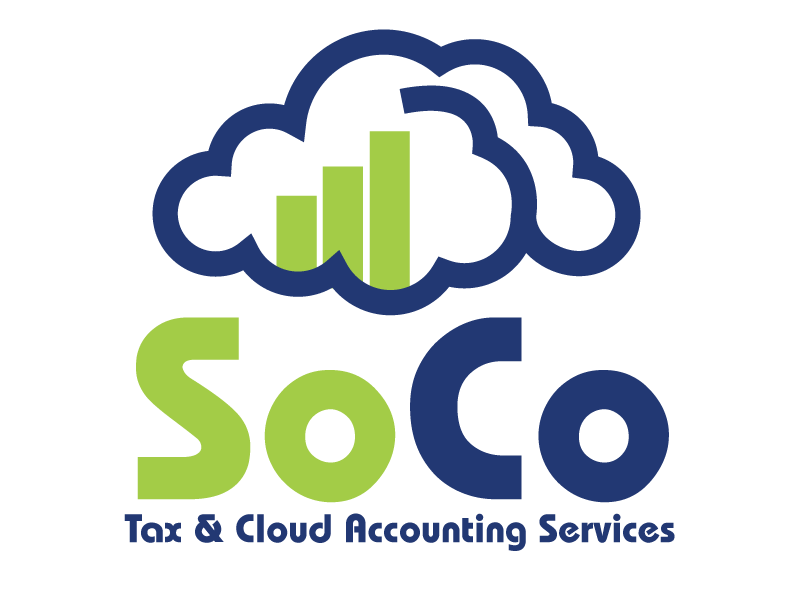Why Time Tracking Benefits Salaried Employees
We all have that runner friend who takes their hobby very seriously. You know the type: the work-out-daily, rain-or-shine, power-through-the-pain runner who spends their vacation time on marathons and considers sprinting uphill a “fun challenge.”
Just the same, we all know those individuals who still love to run, but are less intense about record breaking.
These two types of people are together, passionate about tracking their progress. Both mindsets experience satisfaction with documented results, from heart rate and miles covered to likes and shares.
After all, when you can see your work in numbers and stats, you can set trackable goals.
Tracking time as a salaried employee is much the same.
Time tracking is in your employees’ best interest
It’s not easy convincing your salaried employees that time tracking time is good for them. Who likes the added task of punching in at the start and end of their workday, particularly when they feel the time on the card doesn’t show the whole picture. But how would they feel if it did?
Salaried employees generally put in 40 hours in the office and an additional 20 hours at home. Once time is tracked outside the office, it can better clarify where time is actually spent, how well their day is organized, and even if they’re being properly compensated for the time they put in.
Employees can hold you accountable for unrealistic work expectations.
Put this in perspective: if your employees were tracking every hour of time they worked — a 4 a.m. international business call, a r random 18-hour weekend time crunch — you might be more inclined to listen when they reach out for help.
Many employers expect salaried employees to work more than 40-hour workweeks. But they also expect those employees to come in at the same start time everyone else in the office is held to. This can result in salaried employees feeling overworked, putting in time on the weekends or in the evenings in addition to the 9-to-5.
Time cards and reports would serve as concrete evidence for salaried employees to demonstrate why they might need a more flexible start time or a new hire to shoulder some of the workload.
When all employees track their time, you are also protected.
If an employee (wrongly) claims they’re consistently being overworked and underpaid, you’ll want hard evidence that says otherwise. Showing the court the employee’s timesheet that clearly supports your case is the best proof you could ask for.
One FLSA rule for non-exempt employees is employers must have at least two years of timesheet records on hand, in order to be compliant. Keeping at least two years’ worth of records on exempt, salaried employees as well can only help your case, should your company come under scrutiny.
2. Time tracking and Advanced Tracking are good for productivity.
Not everyone needs a timer to help them stay focused on the job at hand, but some people thrive on structured time tracking. This increased productivity is one really great reason for asking salaried workers to clock in.
Tsheets’ product is better than any other time tracking or task management tool out there. While most project management software is geared toward the project management aspect, TSheets is great because it focuses solely on time tracking and being the best at time tracking.
3. Job costing is applicable to ALL employees.
Job costing usually brings to mind hourly employees; however, knowing how much you should bill for a job is relevant to salaried employees as well. Job costing compares your revenues to expenses and gives you a breakdown of how much the employee is earning and how many hours they’re spending on a job or project, and then it generates an estimated cost.
Balancing your expenses and earnings is an important part of running a successful business, and knowing where your employees are investing their time is the first step. The insight you gain from the hours they track may help you make decisions about hiring, prices, products, and services.
Although it could take some time to get your salaried employees involved in time tracking, you’ll find that the information gained is worth the trouble.
TSheets makes it easy to track all employee time.
Source:
https://blog.tsheets.com/2017/track-time/track-time-salaried-employees
